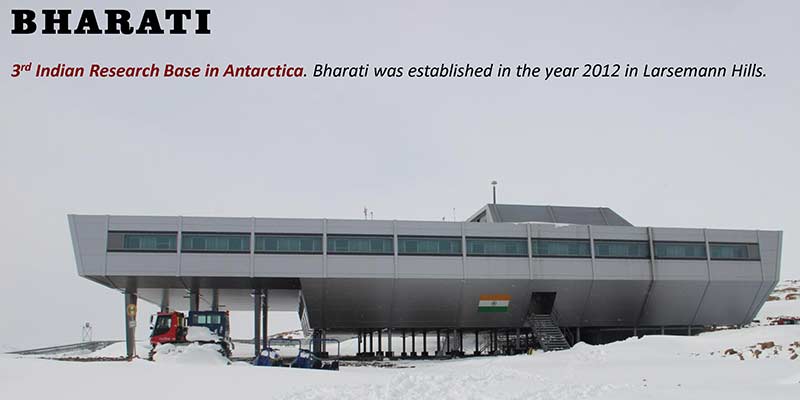India’s First Indigenously Developed Hydrogen Fuel Cell Bus

Bасkgrоund:-
What are Hydrogen Fuel Cells (HFC)?
- India’s First Indigenously Developed Hydrogen Fuel Cell Bus
- A hydrogen fuel cell is an electrochemical device that converts hydrogen into electrical energy.
- Fuel cells work in a similar manner to conventional batteries found in electric vehicles, but they do not run out of charge and don’t need to be recharged with electricity.
- They continue to produce electricity as long as there is a supply of hydrogen.
Linkаges:-
- Japan is a leader in the use of fuel cell technology. In the context of controlling air pollution, it is necessary that India learns from Japan’s technology for the use of clean energy.
- Japan has the greatest number of hydrogen fuel stations of any country worldwide. As of September 2021, there were 154 operational hydrogen refueling stations in the country. Japan’s position as the leading provider of hydrogen automotive fuel is unsurprising given that Japanese automakers Toyota and Honda are among only three car manufacturers in the world selling hydrogen cars to the public.
- By comparison, Germany was home to 91 hydrogen stations, with the number of hydrogens fueling stations in the European Union having significantly increased since 2018.
Сurrent Sсenаriо:-
- Union Minister Dr Jitendra Singh recently launched India’s first truly indigenously developed Hydrogen Fuel Cell Bus developed by KPIT-CSIR in Pune.
- The HFC bus has been developed by the Council of Scientific & Industrial Research (CSIR) and KPIT, an Indian Multinational Corporation.
Imрасt:-
- The fuel cell utilizes Hydrogen and Air to generate electricity to power the bus and the only effluent from the bus is water. Thus, making it possibly the most environmentally friendly mode of transportation.
- The high efficiency of fuel cell vehicles ensures lower operational costs per kilometre than diesel powered vehicles and can bring freight revolution in India.
- This technology also works at 65–75-degree Celsius temperature which can withstand the heat generated while driving.
Curated by- Jeffrey








